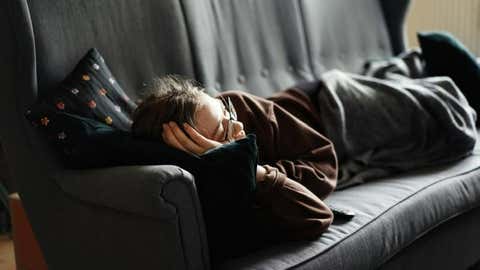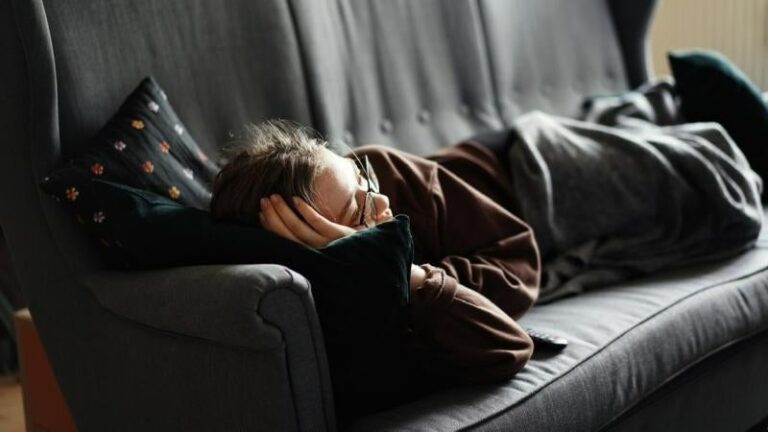
representative image
(IANS)
Remember the early days of the COVID-19 pandemic when everyone was stuck at home? While some people baked sourdough or went on a binge, many settled for making babies. Or so experts initially thought when they predicted a coronavirus baby boom.As reality sets in, researchers believe that it is actually Baby bust instead of boomand attributed this trend primarily to economic uncertainty.
Now, if new evidence is followed, this decline may not be economic, but may be related to the biological effects of the pandemic. In a first-of-its-kind study, researchers recently found that cisgender women’s sexual desire decreased significantly after COVID-19. So has the pandemic acted like Cupid’s evil twin?
The new coronavirus kills sexual desire
COVID-19 may be affecting our most intimate moments beyond the constant coughing and body aches that turn us off, according to a new study by Boston University researchers.
The study looked closely at the experiences of more than 2,000 women, some of whom had contracted COVID-19 and some who had not. The results were clear: Women infected with the coronavirus reported a significantly lower sex drive compared to their peers.
But the story doesn’t end there. Women who experienced COVID-19, where symptoms lingered for weeks or months, faced an even steeper decline. They reported more serious problems with arousal, lubrication, orgasm, and even pain during intercourse.
However, it is important to note that BU’s previous research has not found that COVID-19 vaccination has a negative impact on women’s fertility or menstruation. Therefore, getting vaccinated remains important for overall health and protection.
Both physiological and psychological factors are at play
Four years later, the shadow of the pandemic still looms large. Long-term coronavirus symptoms, such as brain fog, body aches, and fatigue, continue to impact many of our physical health.
Researchers believe there may be a combination of factors. The physiological toll of coronavirus may leave us less prepared for physical intimacy. But there is also a psychological aspect. Anxiety, fatigue, and the overall strain of the pandemic may have reduced desire and enjoyment.
The study also acknowledges broader societal changes brought about by the pandemic. With fewer social outings and children being around all the time, there may have been fewer opportunities to form close relationships, whether alone or together.
However, the study’s authors note that the study was entirely correlational and included many issues, including only cisgender women and not transgender or gender-diverse people. It is acknowledged that there are limitations. But it nonetheless highlights the importance of open communication about sexual health, especially for women battling long-term COVID-19 infections.
If you have sexual problems, don’t hesitate to talk to your health care provider. You are not alone. Remember that there are resources available that can provide support and guidance.
The results of this study are Sexual medicine journal and can be accessed here.
**
Download to stay up to date on weather, science, space and COVID-19 on the go weather channel app (in Android and iOS stores). It’s free!


